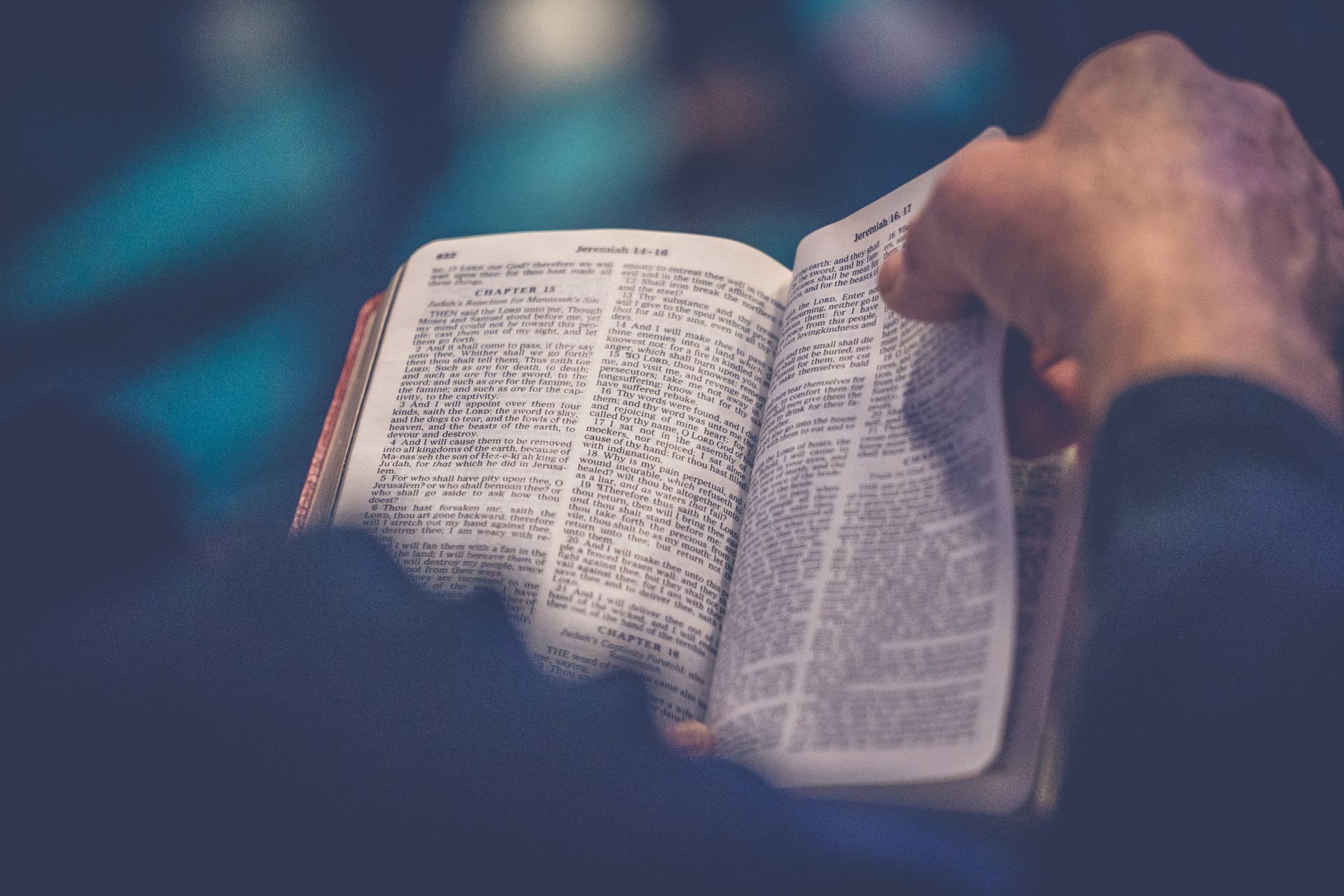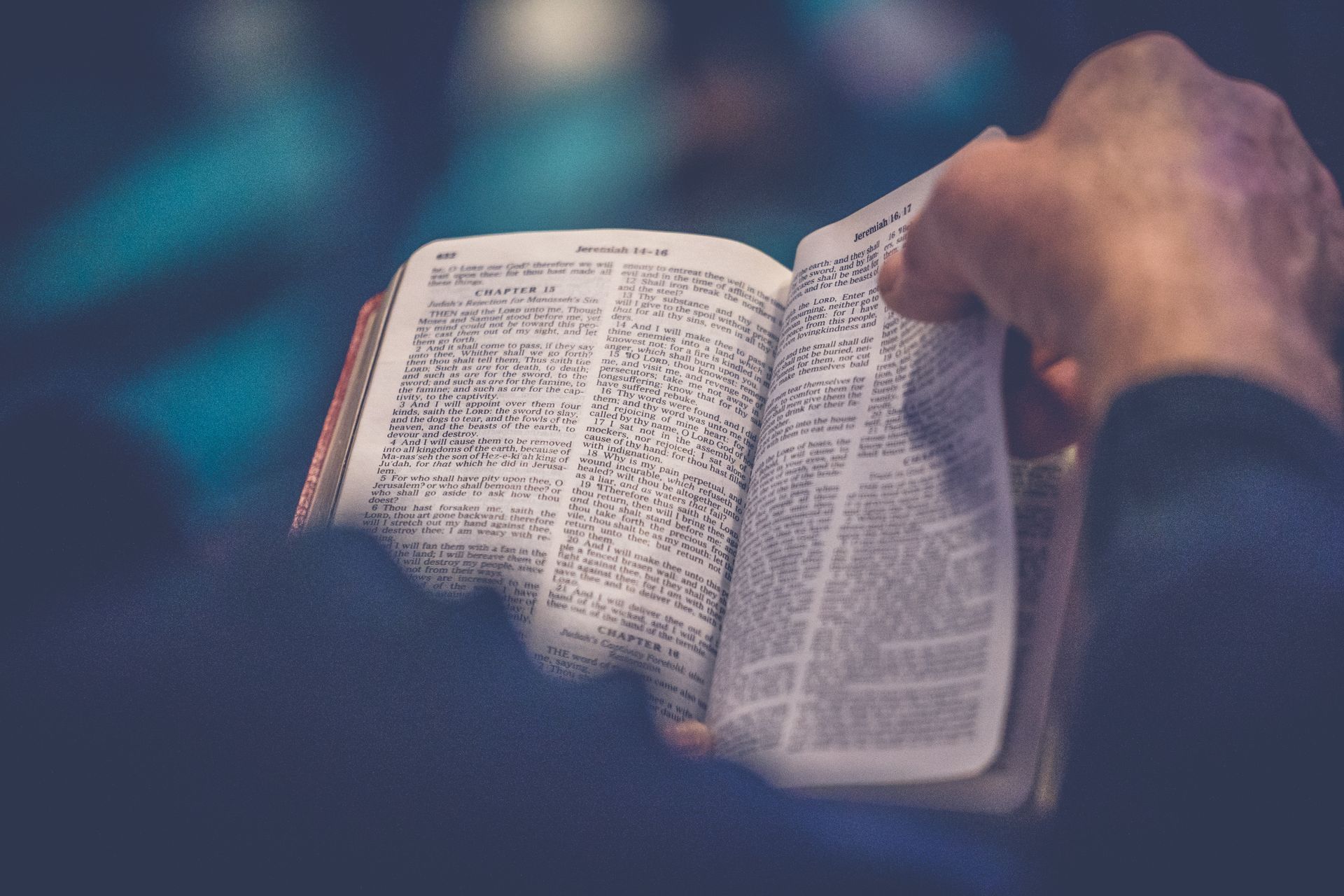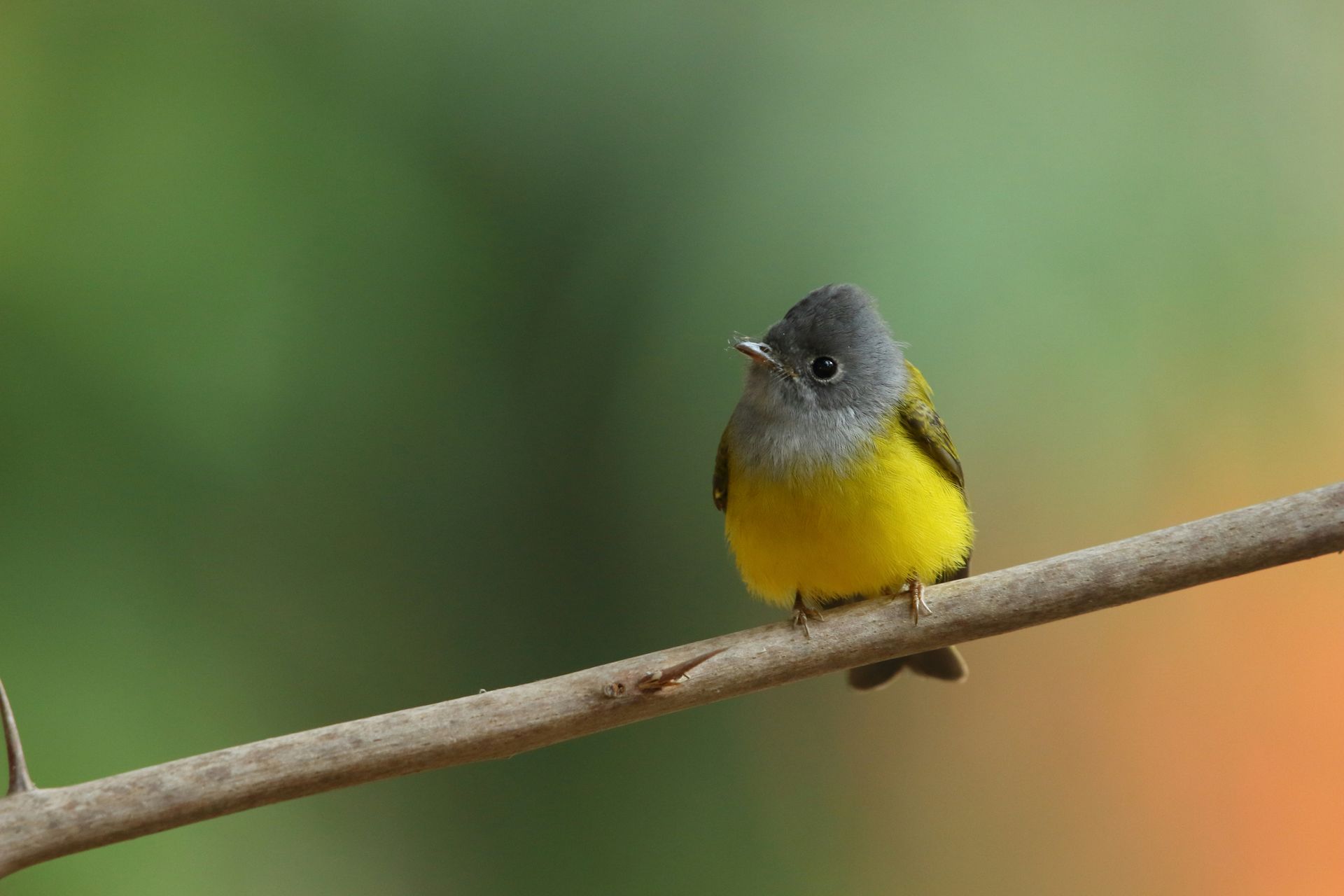Tuesday - September 24, 2024
SCRIPTURE
James 5: 1-6
Come now, you rich people, weep and wail for the miseries that are coming to you. Your riches have rotted, and your clothes are moth-eaten. Your gold and silver have rusted, and their rust will be evidence against you, and it will eat your flesh like fire. You have laid up treasure for the last days. Listen! The wages of the laborers who mowed your fields, which you kept back by fraud, cry out, and the cries of the harvesters have reached the ears of the Lord of hosts. You have lived on the earth in luxury and in pleasure; you have fattened your hearts on a day of slaughter. You have condemned and murdered the righteous one, who does not resist you.
WORDS OF HOPE
Sometimes we overlook or fail to appreciate things because we are so used to them. We don’t even think about them. Sometimes these are big things. I suspect, unless there is some unusual sound, most of us ignore the flyover of planes. But I suspect most of these things that we fail to notice are the small things. And sometimes it is the smallest things that make the biggest changes.
Today is punctuation day. A day to celebrate those small marks that we are so used to and that our English teachers so often got onto us about. We don’t even think about them as we read most of the time. I was curious about the origin of punctuation and found some things that were kind of interesting; at least to me. While the ancient Greeks had some marks in their writings that were meant to help auditors as they read, it wasn’t until almost the seventh century CE that punctuation was really used.
Isidore of Seville introduced the comma the period and the colon. Prior to this no punctuation was used. One of my favorite teachers in college said that often times Romans didn’t even use spaces between words. Needless to say uppercase letters versus lowercase letters were nonexistent. Soimaginereadingsomethingwrittenlikethis
When I read this, it made me think about the people who first wrote, and who first read the gospel and other Christian writings. Most of these things were not available in written form to the general public until the invention of the printing press. Someone educated who had access to these writings would have to read them out loud to everyone. And because the writings were so valuable, they were kept in a place that was considered safe. People did not have the kind of leisure we have today; one of those small things we sometimes fail to think about. Nor did they have the education or reading materials we have.
You worked from the sun up to sundown; usually at some form of manual labor. You maybe had a candle or oil lamp that you could use after dark but probably did not stay up that late. So, you got your gospel on Sundays in church from someone there; a priest who had been educated enough to read from the gospels and write a passage assigned by the
church. This was often done in a way that within an a specific time span, specific parts of the Bible would be read.
So often we take for granted the simple things that make life easier. Punctuation, so simple and like so many things so obvious, makes communication clearer. Yet we do not stop to think about what it does and how much we rely on it.
It is frequently this way with God’s creation. We see bugs; small animals. We often kill or chase them away. We fail to stop and think what the world would be like without these little miracles cleaning up our refuse. We worry about our own comfort without thought to the circle of life and death that is part of our universe. We give God thanks for the big things of life but often forget to thank God for the system of existence that is Creation.
PRAYER
Great and loving Creator, gives us pause to see all parts of your Creation and to appreciate those little things which keep that Creation in order. Remind us that the dominion which we have means care not just mastery. Amen.
DEVOTION AUTHOR
Weber Baker
Order of Saint Francis and Saint Clar
Need More Inspiration? Read our Daily Devotions






